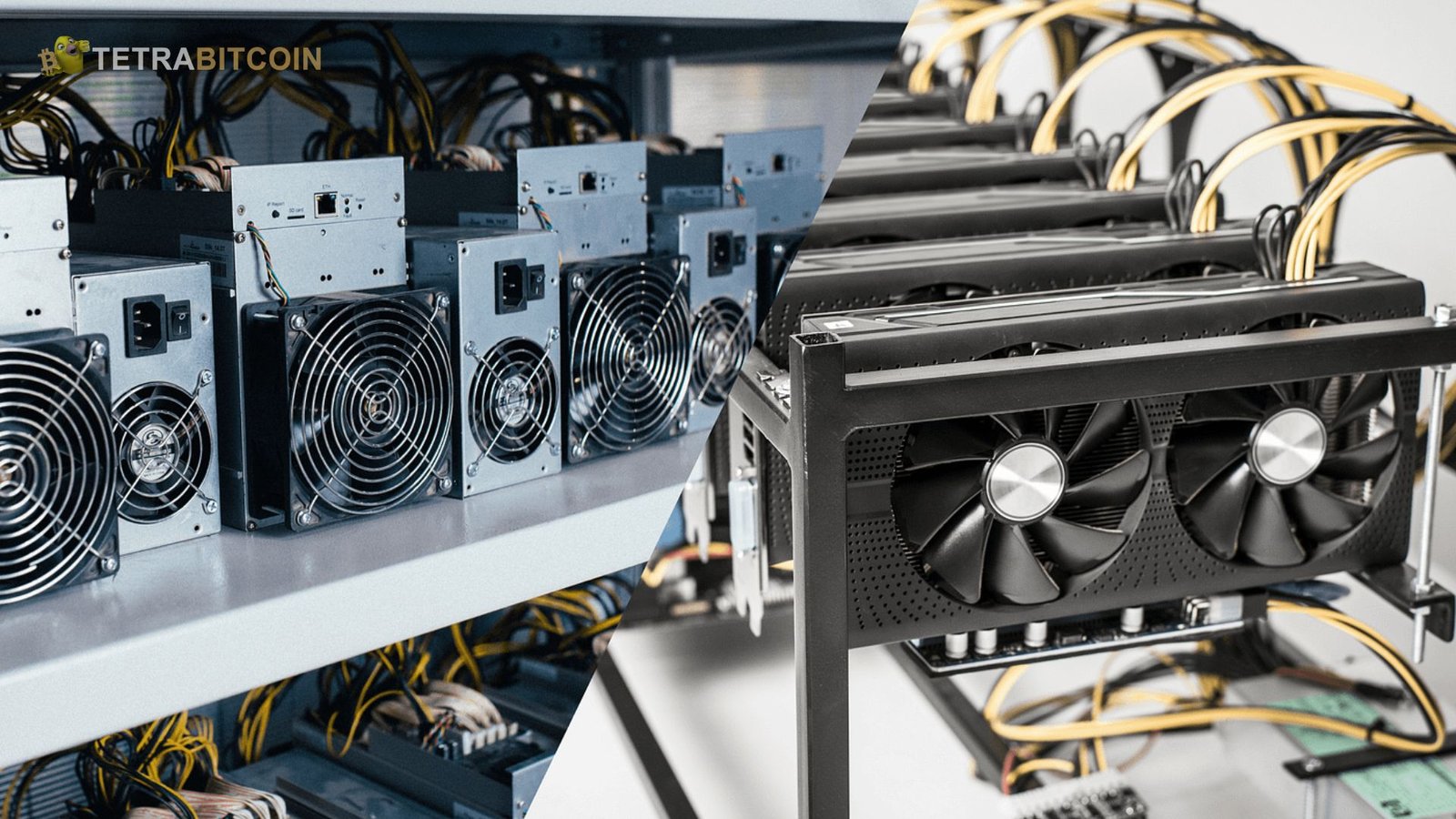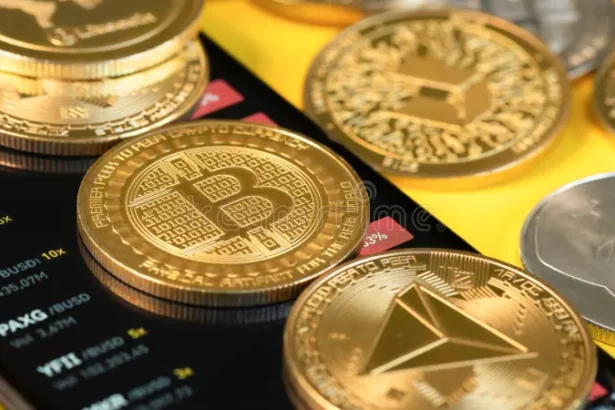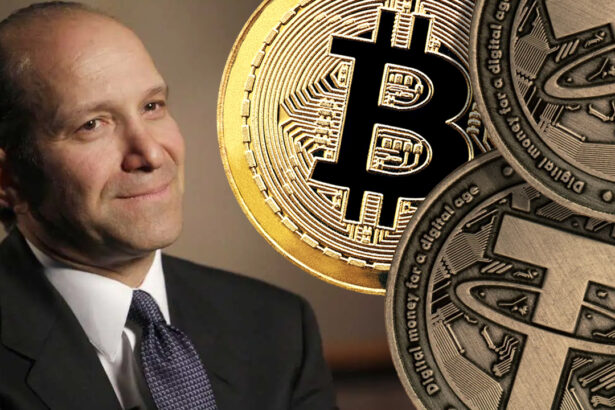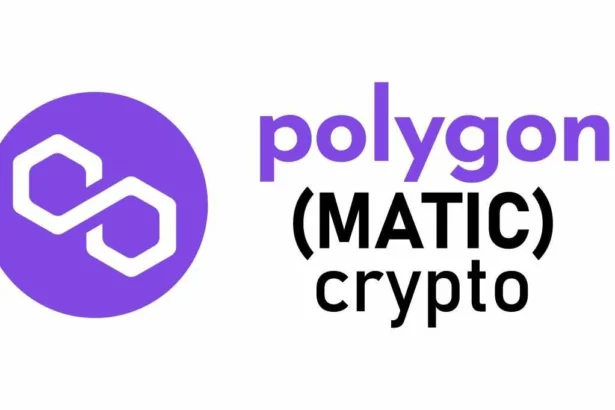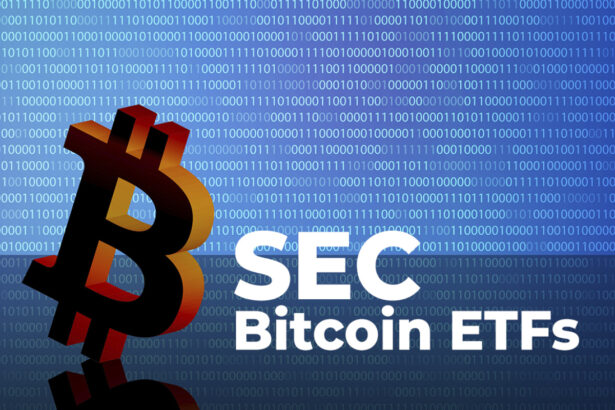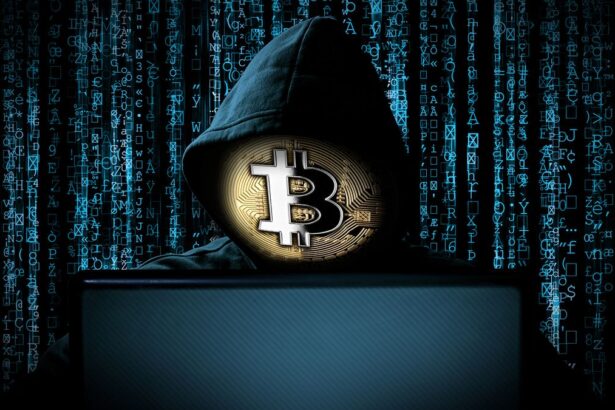GameGPT Crypto: The blockchain world is constantly evolving, and as technology progresses, innovative intersections of various fields come into play. One of the most exciting crossovers in recent years is the blend of blockchain gaming and artificial intelligence (AI), specifically with models like GPT (Generative Pre-trained Transformers). This combination has resulted in what some call “GameGPT Crypto,” a new frontier where decentralized gaming, AI, and cryptocurrency intertwine.
What is GameGPT Crypto?
GameGPT Crypto is a concept where blockchain-based gaming ecosystems integrate with advanced AI models like GPT, all powered by cryptocurrencies and decentralized finance (DeFi) infrastructures. In these gaming ecosystems, players engage in interactive gameplay while the game’s environment is shaped and influenced by AI, and economic value is exchanged using digital currencies.
At its core, GameGPT Crypto refers to games that utilize AI-driven narratives, decision-making, and gameplay mechanics while leveraging cryptocurrencies for in-game economies, ownership, and governance. This fusion offers a futuristic gaming experience that entertains and empowers players to own, trade, and earn through their participation.
Key Elements of GameGPT Crypto
- Blockchain Integration: Blockchain is the backbone of these games, providing transparency, security, and true ownership of in-game assets. Players can own characters, weapons, skins, or land in the form of non-fungible tokens (NFTs). With the immutability of blockchain, these digital assets are scarce and tradable in secondary markets.
- AI-Powered Gameplay: Integrating GPT or similar AI models revolutionizes how games operate. Instead of following pre-programmed scripts or predictable outcomes, AI introduces dynamic, evolving narratives based on player choices and interactions. This means that no two gaming sessions are alike, and the experience becomes highly personalized.
- Cryptocurrency-Based Economies: Cryptocurrencies are at the heart of these games’ economies. Players earn tokens by completing missions, defeating enemies, or simply staking their assets. These tokens can be used for in-game purchases, exchanged for real-world currency, or traded for NFTs. DeFi protocols often allow for staking, liquidity provision, and yield farming within the game, turning playtime into a potential revenue stream.
- Decentralized Governance: Many GameGPT Crypto platforms adopt decentralized autonomous organization (DAO) structures. This allows players to vote on game updates, development directions, or changes in economic policies. By holding governance tokens, players have a direct say in shaping the future of their gaming experience, which adds an unprecedented level of community involvement.
How GameGPT Crypto is Revolutionizing the Gaming Industry
Play-to-Earn (P2E) Mechanics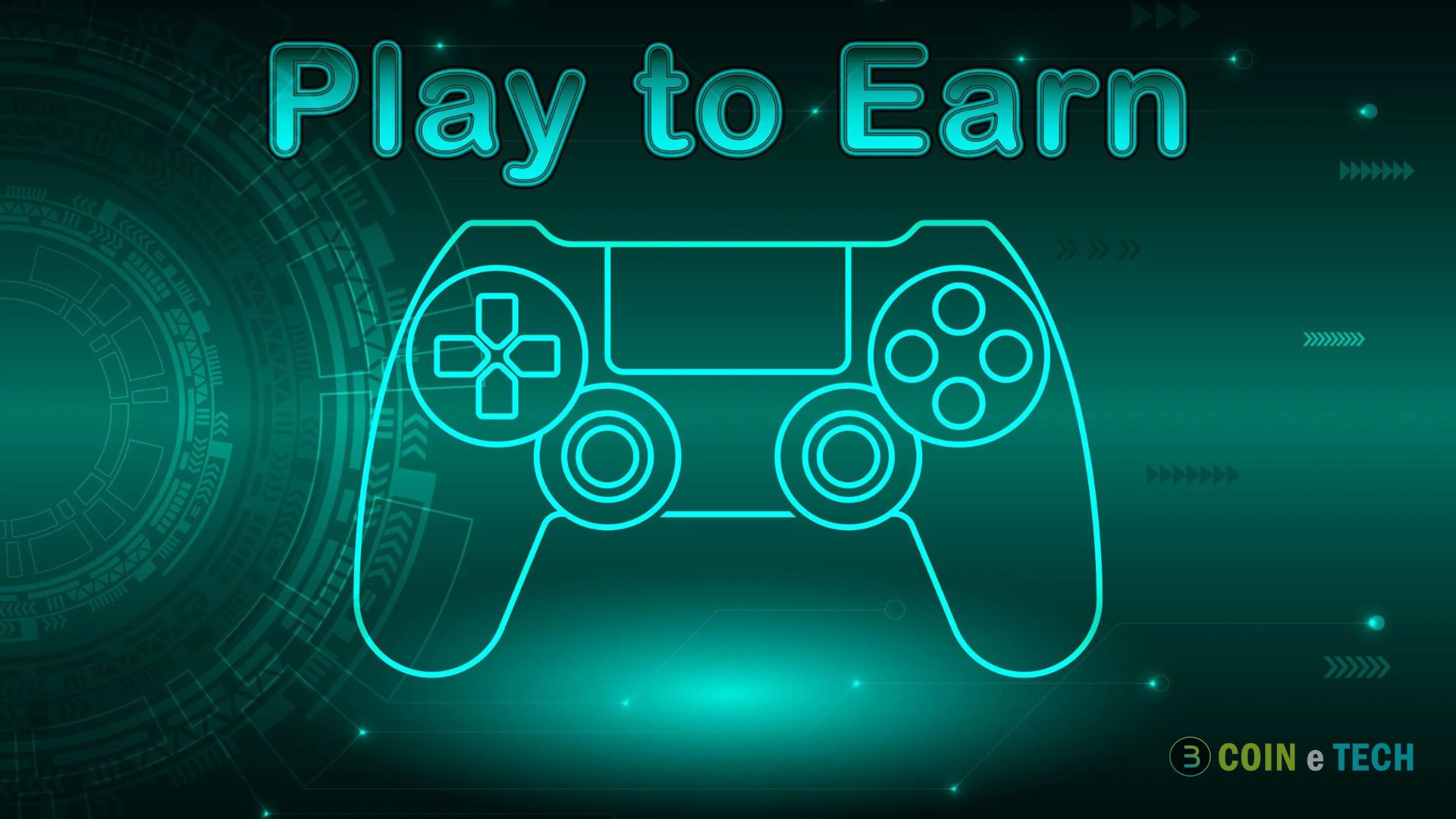
The play-to-earn model has already taken the crypto world by storm, with games like Axie Infinity proving that players can make a living by engaging with blockchain-based games. GameGPT Crypto takes this one step further by integrating AI to create more engaging and meaningful P2E experiences. With AI’s ability to generate complex scenarios and adaptive challenges, players are rewarded for their creativity and problem-solving skills, making the rewards feel more earned than ever.
This creates a win-win situation for both developers and players. Game developers benefit from a more engaged user base, while players have the potential to monetize their time and effort. The integration of GPT-based AI enhances the complexity and depth of these challenges, ensuring that players continually find new ways to earn and stay invested.
Dynamic Storytelling and Immersive Experiences
One of the most compelling aspects of using AI in GameGPT Crypto is the ability to craft dynamic, evolving storylines. Traditional video games often have a linear narrative, with predetermined outcomes based on a player’s actions. However, with AI-driven models like GPT, games can generate unique narratives in real time based on the player’s decisions, creating a much more immersive experience.
Imagine playing a fantasy RPG where every choice you make affects the world and prompts the AI to rewrite parts of the storyline on the fly. Characters might respond to you differently, quests could take unexpected turns, and the game might offer solutions that even the developers hadn’t planned for. This level of unpredictability and depth keeps players engaged and eager to explore all possibilities.
NFT Ownership and Asset Portability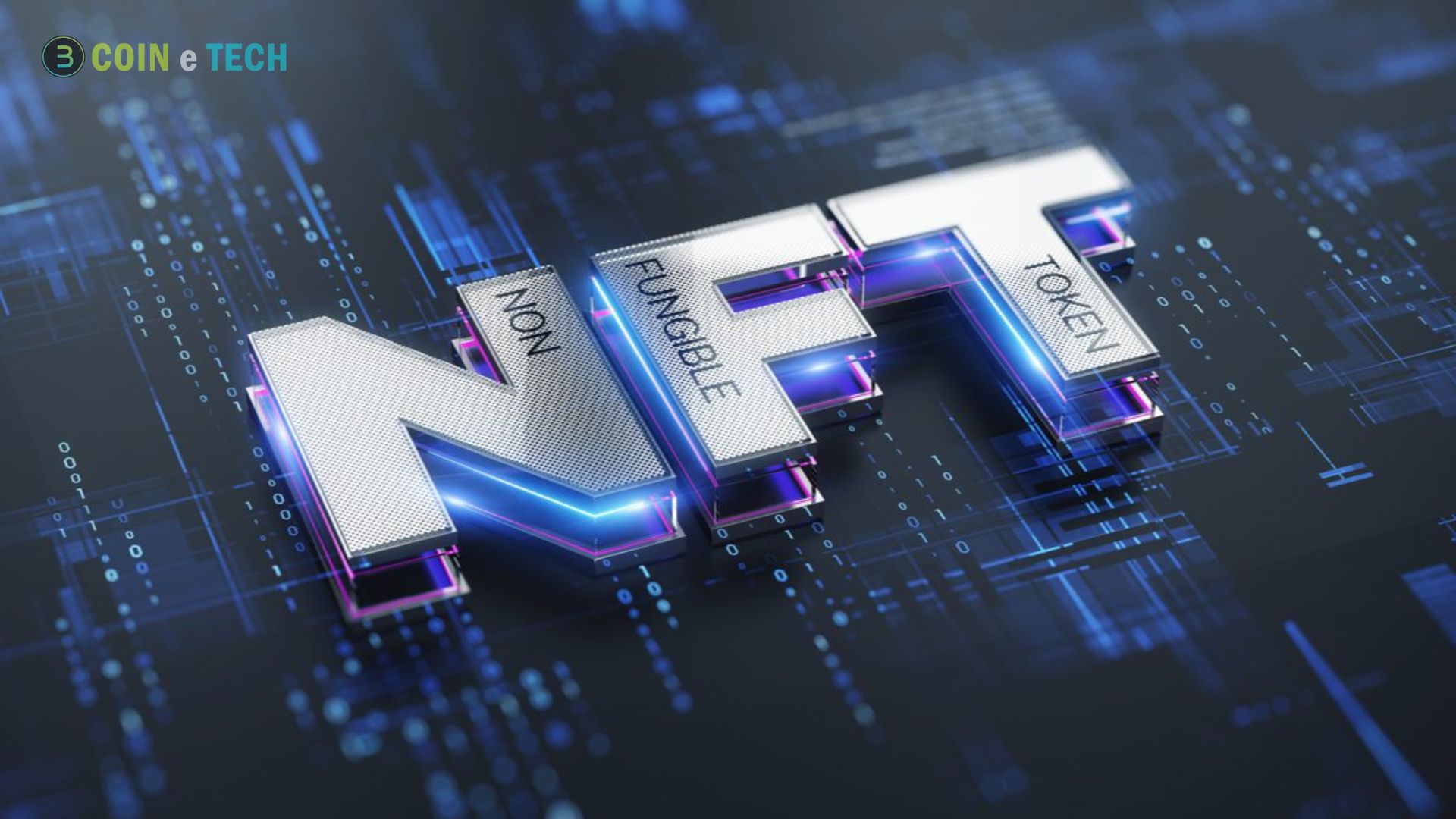
Non-fungible tokens (NFTs) are crucial to the GameGPT Crypto ecosystem. Players can own unique assets—characters, weapons, virtual land, or rare collectibles—in NFTs. These assets are stored on the blockchain, giving players full ownership and the ability to trade or sell them in secondary markets.
One of the most appealing aspects of NFTs in gaming is asset portability. With blockchain, assets from one game can be used in another, provided both games operate on the same or compatible blockchains. This interoperability offers players new freedom, allowing them to transport their achievements and possessions across different gaming platforms.
Decentralization and Player Ownership
In traditional games, players have little control over the game’s economy or governance. Developers and publishers often hold most of the power, making decisions that may not align with the community’s desires. In contrast, GameGPT Crypto games often utilize decentralized governance models, where players can influence major decisions.
Through DAO structures, players can propose changes, vote on updates, and decide on economic policies. This decentralized ownership fosters a stronger sense of community as players feel more invested in the game’s success. The use of governance tokens further enhances this relationship, as players who hold these tokens have a direct say in the game’s future development.
Challenges and Considerations
Scalability and User Adoption
Despite the immense potential of GameGPT Crypto, scalability remains a concern. Blockchain networks, particularly Ethereum, have faced congestion issues, leading to high transaction fees and slower processing times. Layer 2 solutions and alternative blockchains like Solana or Polygon offer some relief, but the gaming industry will need further innovation to accommodate millions of users seamlessly.
User adoption is another hurdle. While the crypto-savvy community has embraced blockchain gaming, the mainstream gaming audience may hesitate to adopt these new technologies. Educating players about the benefits of true ownership, decentralized economies, and AI-driven experiences will be crucial for widespread adoption.
Regulatory Uncertainty
As with all crypto-related innovations, regulatory scrutiny is a factor that cannot be ignored. Governments worldwide are still grappling with how to regulate cryptocurrencies and NFTs. Integrating DeFi elements in gaming raises questions about securities regulations, anti-money laundering laws, and consumer protection.
GameGPT Crypto developers must stay ahead of regulatory developments to ensure their platforms remain compliant. This may involve creating systems for identity verification, complying with know-your-customer (KYC) regulations, and navigating tax implications for players earning real-world income through gaming.
The Future of GameGPT Crypto
As blockchain gaming and AI technologies evolve, the GameGPT Crypto concept will likely become a major force in the gaming industry. AI-driven gameplay, decentralized economy, and player ownership create a new and fascinating gaming experience. Developers are enabling interactive, player-owned environments by merging GPT with blockchain.
The future of GameGPT Crypto will likely see even more integration with virtual reality (VR) and augmented reality (AR), creating fully immersive metaverse experiences. Additionally, as blockchain infrastructure improves, these games will become more accessible to mainstream audiences, potentially transforming the gaming landscape. In this brave new world, the line between work and play blurs, and the possibilities for creativity, ownership, and earning potential in gaming become endless.

